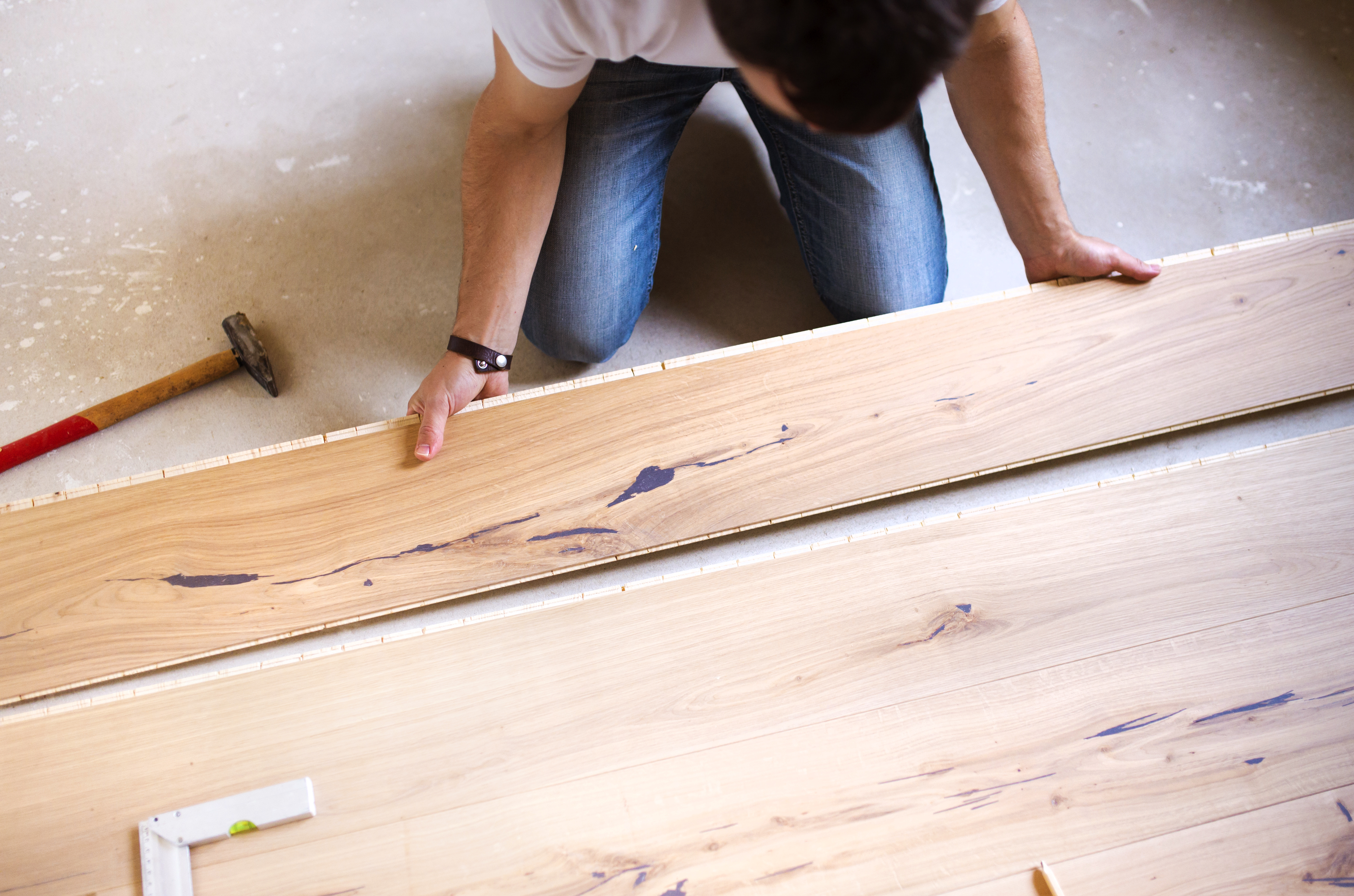
15 Nov How Much Money Should I Set Aside in a Reserve Account for my Rental Property?
There was a time in my life when I was so broke – even though I owned some rental properties – that I couldn’t even pay for repairs over $200. So, when I did have a necessary repair to make, I would scramble to come up with the money while trying to convince the tenant to wait longer for the fix to be made. Sometimes when I had a property with strong cash flow, I would cannibalize the money from the solid investment to fund the shortfall with a bad one. This was a lousy way to do business, and it was stressful for everybody.
An experienced real estate investor who owned 20 units told me that he set aside $5,000 in a savings account for each rental property in anticipation of inevitable repairs and maintenance costs. He said that way there would be no stress. He said when a water heater would break, he would immediately have a new one installed and pay for it from the funds in his reserve account. Then he would allow the cash flow from that property to build the reserve back up to $5,000 again. He told me that once he had $5,000 set aside, then each month he would pay himself with the positive cash flow.
Rather than try to hang on to underperforming investments that were money pits, I sold off those properties to stop the bleeding. Following the advice I received, I learned to set aside money in a reserve account for each solid investment property using the cash flow. It took some discipline and patience to set aside the money.
When you have a reserve account, it allows each property to support itself financially. You don’t have to rob Peter to pay Paul. Also, it’s a great feeling. With each property that my wife and I own, we set up an Operating Account, a Reserve Account, and a Security Deposit Account with our bank. The Operating Account is where the rent is deposited and where the operating expenses and mortgage are paid. We set aside some of the money into the Reserve Account, and it earns interest. If a repair is needed, we transfer money from the Reserve into the Operating Account. And then we have the Security Deposit Account, which we consider to be our tenant’s money. It seems complicated, yet once you set up the accounts with your bank, it becomes simple to maintain. And it’s reassuring to check online to monitor the health of our accounts.
So, how much should you set aside in your rental property reserve? As mentioned above, an investor I learned from said he does $5,000 for each property. That’s easy to remember. Yet what if the property has been well maintained and doesn’t need repairs in the near term? Or what if you want to use some of that money for other things, like the next investment acquisition? Or what if your rental property cash flows only $100 a month and you don’t want to wait 50 months to get to $5,000 before paying yourself?
Another metric that some investors use is to set aside six months of operating expenses. So, if your monthly expenses are $400, then you would set aside $2,400.
Another similar metric is to set aside six months of debt service payments. If your mortgage payment is $500, then you would set aside $3,000. Of course, that thought process pertains more to having a vacant property than having money for repairs and maintenance. Many lenders will require three to 12 months of PITI (Principal – Interest – Taxes – Insurance) to be set aside.
Here is one other formula that some investors use, and that is to keep one percent of the property’s value in the reserve account. So, if your investment property is worth $150,000, you would set aside at least $1,500. Each year, assuming that the value increases, you would proportionally increase your reserve.
I suggest that your reserve account have at least as much as your insurance deductible, preferably more. I raised my insurance deductible from $500 to $1,000 (saving some money on the premium) when I cleared $1,000 in my reserve account.
The bottom line is that you should have a reserve account. How much is up to you. Consult your coach, mentor, and/or accountant for advice. Then watch the money grow and feel great about it.
Tai DeSa is a graduate of The Wharton School of the University of Pennsylvania. He became a full-time real estate investor in 2004 after serving in the U.S. Navy. Tai has made colossal mistakes in investing (and learned some things along the way). He has owned over 200 properties with various investment partners, and he has been involved in over 200 more transactions as a real estate broker in both Pennsylvania and Tennessee. Tai and his wife Amira enjoy hunting for investment properties. Contact Tai if you need some consultation on real estate investing. Tai may be available for coaching and speaking engagements on a variety of real estate topics. Send an email to tai@investandtransform.com. Tai is passionate about helping investors make money and avoid mistakes.






No Comments